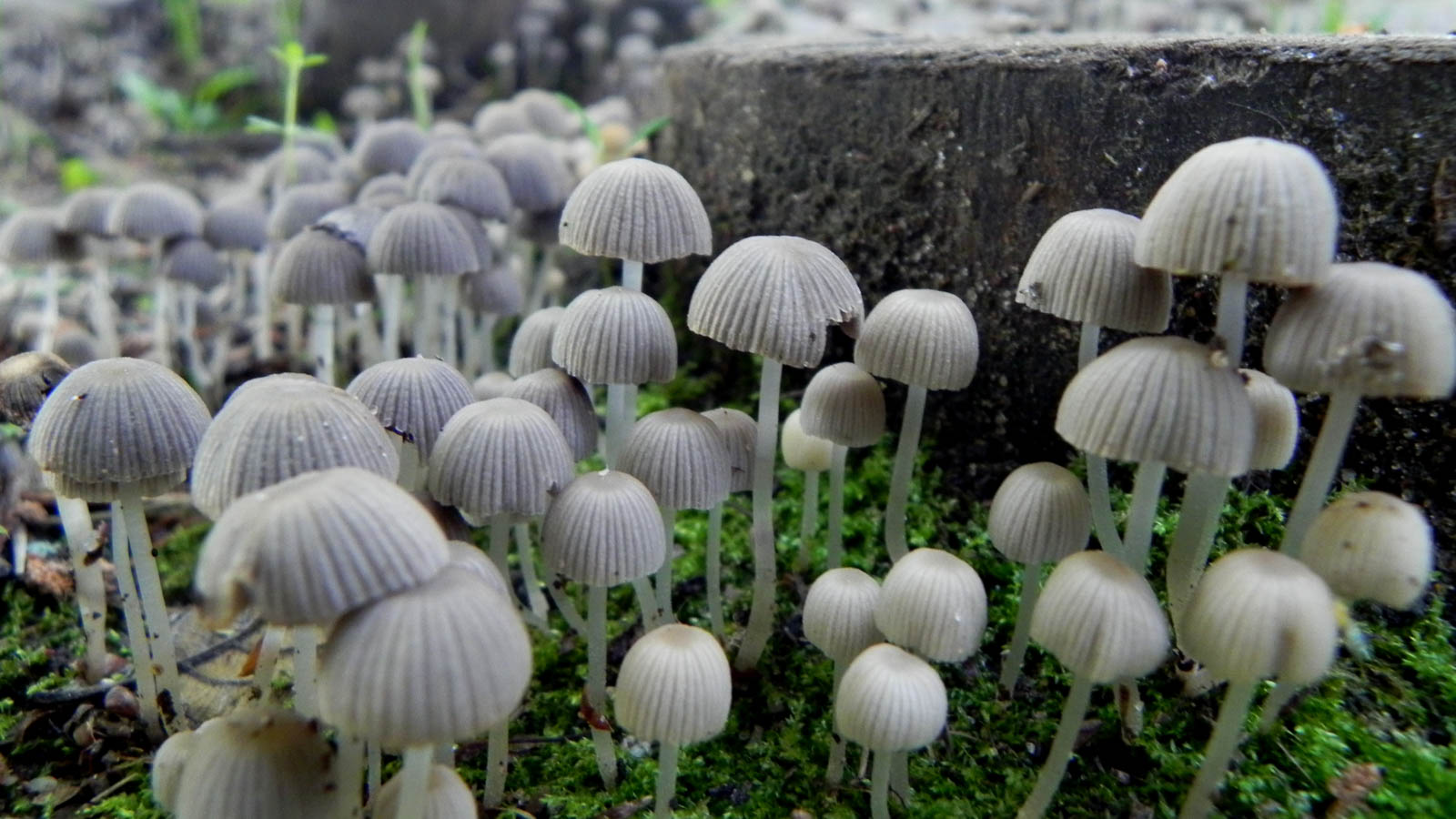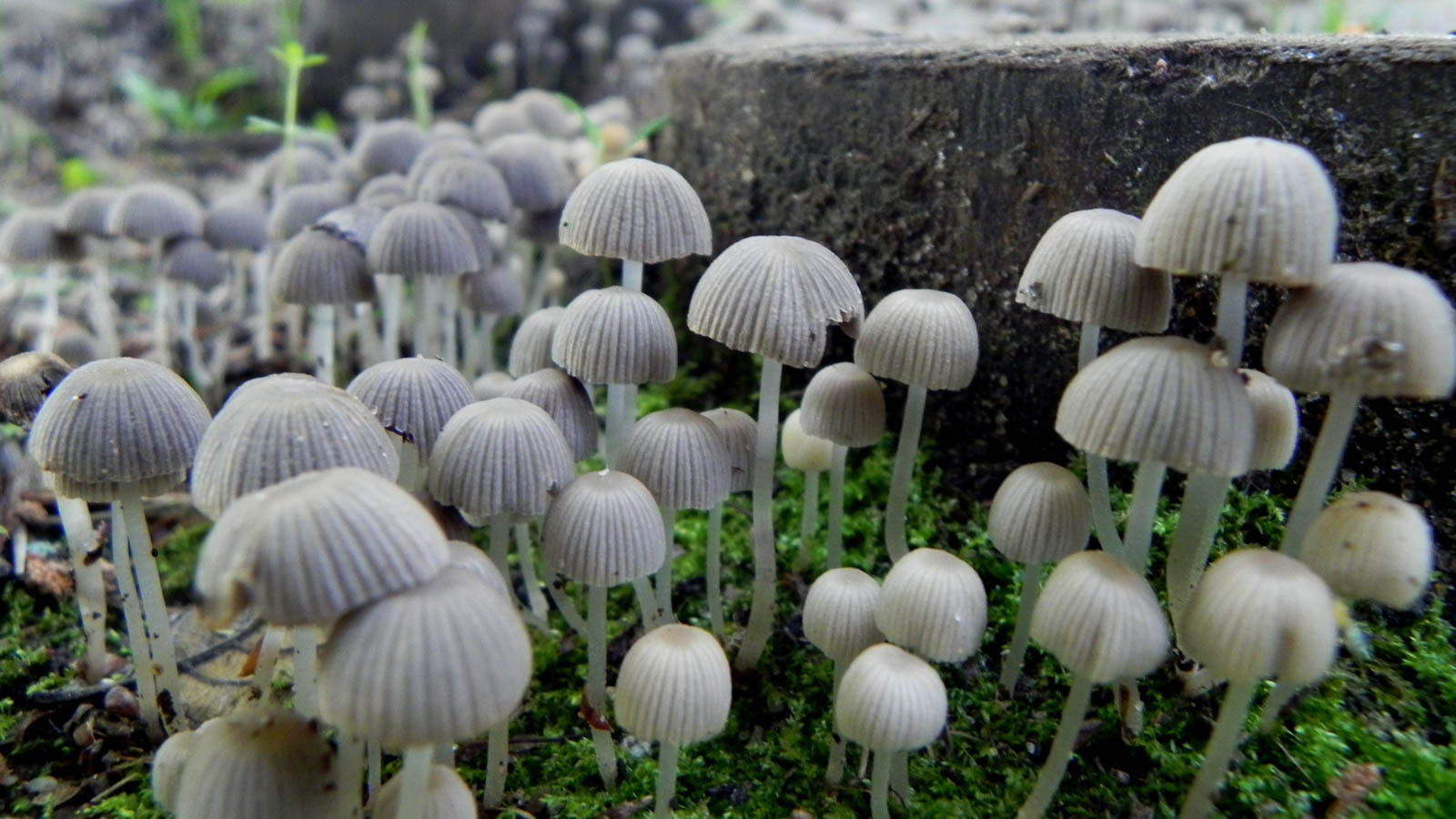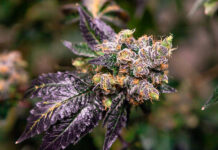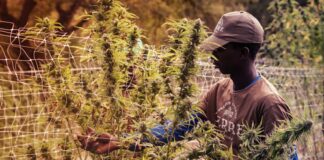
It could be the next big thing in the drug policy reform movement: Psilocybin, the main active ingredient in psychedelic mushrooms, is starting to get some serious attention.
While the substance is not legal in any state and sits beside marijuana on the federal government’s list of prohibited Schedule I drugs, advocates have recently made inroads on the path to psilocybin legalization. Colorado was instrumental in the charge to end cannabis prohibition. Now it’s on the forefront of decriminalization of another Schedule I substance.
Legislation to Decriminalize Psilocybin Surges
Denver residents will be voting on a measure to decriminalize the possession, consumption and cultivation of the psychedelic in May 2019 after the city’s elections division confirmed that campaign organizers had collected enough valid signatures to qualify for the ballot.
Oregon advocates are also hoping to get medical psilocybin legalization on the state’s 2020 ballot.
Kevin Matthews, director of Decriminalize Denver, the group behind the Colorado initiative, said in a phone interview that he doesn’t expect psilocybin reform to follow directly in the footsteps of the cannabis legalization movement, which he said is “leading to this recreational paradigm.” However, “it’s clear that this movement [of psilocybin reform] is the tip of the iceberg.”
“There needs to be a very rational and mindful conversation about how to best reintegrate psilocybin back into society,” he said. “We believe as a campaign that decriminalizing the personal use and personal possession, and allowing people to propagate or cultivate, is the first step to that.”
The movement for psilocybin reform is even spreading its political spores into Iowa, which isn’t traditionally thought of as a hub for bold drug reform. There, a freshman Republican lawmaker introduced a first-of-its-kind bill to legalize not only psilocybin for medical purposes, but also MDMA and ibogaine.
That last example may be more of an anomaly, as Republican Rep. Jeff Shipley has quickly developed a reputation as a trailblazer and legislative provocateur within the Iowa Legislature. But it nonetheless demonstrates that, across the U.S., the conversation around changing drug laws is expanding.
“I think when we look at drug policy and addiction — and what we’ve historically and what we’re seeing in the present moment in terms of policy and what’s actually going on in the world — I think we need to just radically rethink things,” Shipley said of his legislation in a phone interview.
Attitudes About Mushrooms Are Changing
What limited polling exists on voter sentiment toward psilocybin reform shows that voters in Oregon are at least inclined to support allowing the therapeutic use of psilocybin under a medical professional’s guidance. But support is far from the levels that medical or even adult-use marijuana legalization now enjoys.
In 2016, Vox and Morning Consult released the results of a national survey, which included almost 2,000 registered voters, and found that only 22 percent of Americans favor decriminalizing psilocybin.
Early clinical studies, however, have found evidence that the substance can treat symptoms of depression and post-traumatic stress disorder (PTSD). It also seems to help people overcome addictions.
Psilocybin mushrooms have been researched for their psychedelic properties as a treatment aid for people experiencing depression or post-traumatic stress disorder (PTSD). (Photo by Theo Crazzolara via Flickr; used with a Creative Commons Attribution 2.0 Generic license)
A 2017 analysis of existing psilocybin research, published in the journal Mental Health Clinician, found that “these studies all show potentially positive benefits with minimal safety concerns for psilocybin use in suicidality, anxiety disorders, OCD [obsessive compulsive disorder], alcohol use disorder, and tobacco use disorder with improvement in target symptoms.”
It’s for these and other reasons that reporter Troy Farah recently concluded that “magic mushrooms are having a therapeutic moment” in the United States for a Wired feature published in February 2019.
“Whatever happens, the primary focus is allowing people to utilize psilocybin as a technology to better their lives in whatever way that shows up,” said Matthews, the Denver activist. “This is a movement for the people, this is a movement for human beings.”
“We fully understand that what we’re doing is adding to the societal conversation, and we definitely encourage rational engagement with this,” he said.
Featured image: Psilocybin, often called magic mushrooms, could be made legal by Denver voters in a May 2019 vote. There is a similar effort in Oregon to put a psilocybin legalization measure on the 2020 ballot. (Photo by Ivan Turkouski via Flickr; used with a Creative Commons Attribution-Share Alike 2.0 Generic license)















